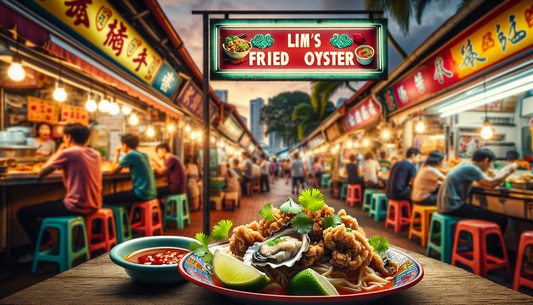
Civil Servants Shaping Singapore's Political Future Ahead of GE2025
BingoBot1.08 Summary NewsShare
Singapore's political landscape is poised for transformation as civil servants gear up for the General Election in 2025. These individuals play a pivotal role in shaping the city-state's future by engaging in policy development, administrative execution, and strategic planning.
- Key Figures: Senior Permanent Secretaries and directors within various ministries are at the forefront of these preparations, ensuring policies are aligned with national priorities.
- Locations: The process centers around strategic locations in Singapore, such as the Parliament House and respective ministerial departments, where crucial decisions are made.
- Timeline: Preparations have been in full swing since early 2023, with civil servants working diligently to address new challenges and opportunities in areas like digital transformation and sustainability policies.
- Responsibilities: They assess current policy frameworks, proposing updates to meet evolving socio-economic needs, thus ensuring that Singapore remains competitive globally.
- Collaboration: Liaison between government bodies and public sectors promotes a comprehensive approach to national planning and citizen engagement.
As Singapore navigates this period of change, the dedication of its civil servants is vital in laying down the groundwork for successful elections and future governance.
The political landscape in Singapore is gearing up for the General Elections anticipated in 2025, with parties starting to scout potential candidates early on. A notable trend has emerged with the increasing involvement of civil servants transitioning into political roles, especially within the People’s Action Party (PAP). This seamless shift from public service to political engagement has become more pronounced, reflecting an evolving political strategy.
Singapore’s political framework has consistently leveraged the proficiency of its public servants in governance. The PAP, which has been the dominant political force in Singapore, appears to be strengthening its roster by considering skilled individuals from the civil service, tapping into their experience in public administration. Names such as Chan Chun Sing and Ong Ye Kung serve as prime examples of former civil servants who have successfully made the transition into politics and taken on significant roles within the government.
Reports suggest that preliminary talks and evaluations for potential candidates from the public service sector are already underway. The drive to incorporate civil servants into political roles aligns closely with the PAP's agenda of sustaining effective governance. The Government’s objective is clear: to fortify the management of national policies by enlisting individuals who possess in-depth insights stemming from their tenure in the civil service.
The Role of Singapore's Public Service in Politics
The robust public service sector in Singapore is known for its role in implementing policy decisions efficiently. This reputation forms a solid foundation for its personnel to transition into political roles seamlessly. Civil servants are perceived as capable assets, given their firsthand experience with policy formulation and execution under the guidance of ministers.
This potential candidature pipeline is seen as an investment in leadership. Civil servants possess skills that include crisis management, operational leadership, and strategic planning—qualities valuable in the political arena. The synergistic relationship between civil service competencies and political aspirations has been a focal point due to the intricate nature of governance in Singapore.
Scouting and Selection Process
The PAP employs a rigorous selection process for identifying viable candidates. This includes in-depth evaluations and an understanding of the candidate's vision and ability to contribute to Singapore’s socio-political framework. The scouting process often involves vetting candidates who have demonstrated significant contributions in the civil service arena.
Individuals are assessed based on their capacity to address complex issues, their insights into administrative frameworks, and their dedication to national service. This approach ensures that only the most competent and committed individuals are presented to the electorate, thereby sustaining public trust in governance.
Examples of Successful Transitions
The transition from civil service to politics is illustrated through the journeys of individuals like Chan Chun Sing, current Minister for Education, and Ong Ye Kung, the Minister for Health. Both began their careers in the civil service and have played pivotal roles in steering Singapore’s policies on various fronts.
Their contributions reflect a synergy between administrative acumen, political strategy, and policy effectiveness. As leaders, they embody the success of nurturing public servants for political roles, exemplifying the PAP's strategic vision in governance.
The Impact on Singapore’s Political Landscape
This strategic incorporation of civil servants into political roles could lead to more cohesive policymaking and implementation. The blend of in-depth bureaucratic knowledge and political accountability is expected to enhance public administration and service delivery, aligning with Singapore’s long-term national goals.
Such transitions are anticipated to fortify legislative capabilities, ensuring that complex challenges are addressed by leaders who understand both the macro and micro implications of policies. There is an expectation of continued excellence in public sector governance, supported by the political commitment of well-trained leaders.
As Singapore inches closer to GE2025, the anticipation surrounding the involvement of civil servants in politics remains high. Their potential entry has generated discussions on how this could redefine political engagement and leadership dynamics. Stakeholders within the political realm continue to observe these developments with keen interest, acknowledging their implications on Singapore’s governance model and future trajectory.











